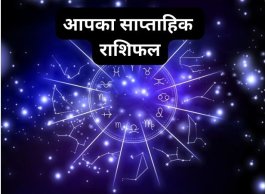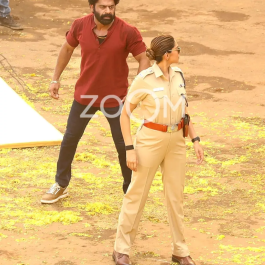Astronomers have found a rocky planet in a distant solar system, in a discovery that raises hopes of finding alien life.
Corot 7b is similar in size to Earth, but daytime temperatures of 1,500C mean it is far too hot for anything to flourish there.

However the discovery suggests there may be planets with more hospitable conditions throughout the galaxy.
Corot 7b orbits a star 500 light years away in the constellation Monoceros.
It is thought to be covered in lava or boiling oceans.
Although scientists have found more than 330 planets outside our own solar system before - including 12 thought to be solid - this is the smallest, and the first one confirmed to be made of rock.
'This is a day we’ve been waiting for a long time,' said Sara Seager, an expert in distant planets at the Massachusetts Institute of Technology.
'It’s the first definitive rocky world beyond our solar system, and it’s opening a new gate for our research. We’re really, really excited about it.'
Scientists believe that if life begins on a planet, it needs a solid surface to rest on.
The new planet orbits relatively closely to its star - just 1.5million miles away. The Earth, in contrast, is around 93million miles from the Sun.
The researchers say its mass is five times that of the Earth.
'This is science at its thrilling and amazing best,' said Swiss astronomer Didier Queloz, the leader of the team that made the observations.
Most of the 'exoplanets' outside our own solar system are gas giants like Jupiter or Saturn. Only around a dozen rocky planets have been spotted.
However, this is the first time scientists have been able to get an accurate figure for an exoplanet's density - proof, they say, of a rocky planet.
To get their measurements, the astronomers used a high accuracy radial velocity planet searcher (HARPS) - which is a spectrograph attached to the European Southern Observatory's telescope at the La Silla observatory in Chile.
They used 70 hours of observations to measure its density.
'We basically live on a rock ourselves,' said co-discoverer Artie Hatzes, director of the Thuringer observatory in Germany. 'It's as close to something like the Earth that we've found so far. It's just a little too close to its sun.'
The planet - which was found earlier this year - is so close to the sun it completes one solar orbit in 20 hours. By comparison, Mercury - the closest planet to our sun - completes its year in 88 days.
'It's hot, they're calling it the lava planet,' Dr Hatzes said.
Corot 7b is too far away to see through conventional telescopes. Instead, astronomers worked out its mass, size and density by measuring the 'wobble' of its parent star caused by the planet's gravitational pull.
Details of the planet’s mass and density were announced at the European Planetary Science Congress in Barcelona, and will be published in the journal Astronomy and Astrophysics.









